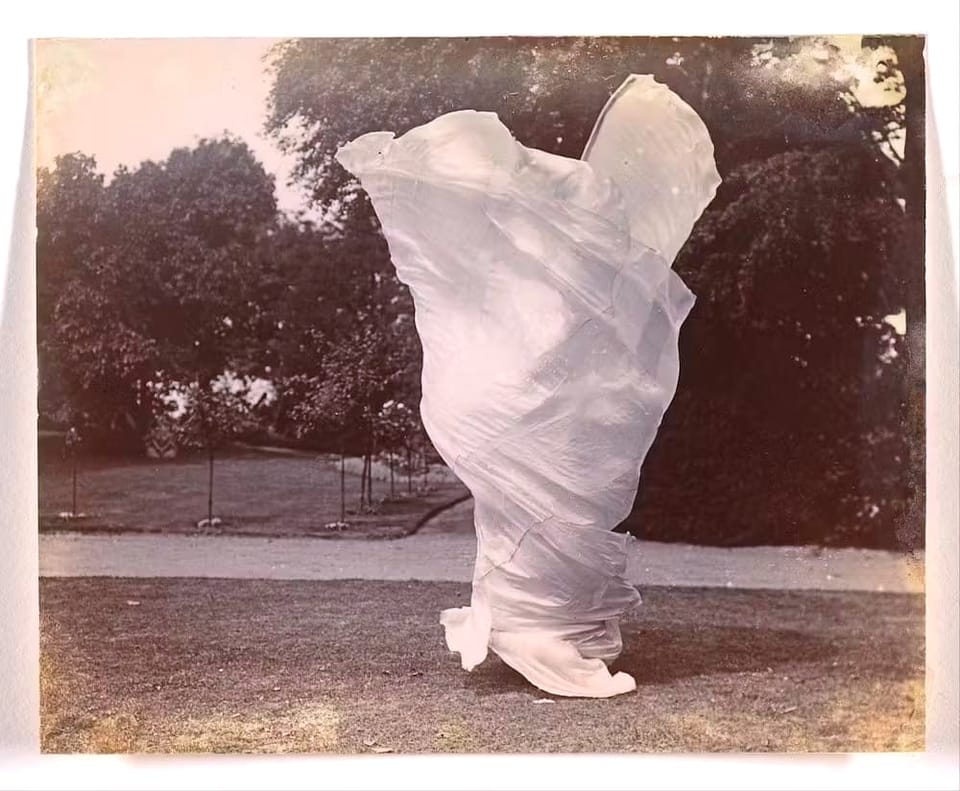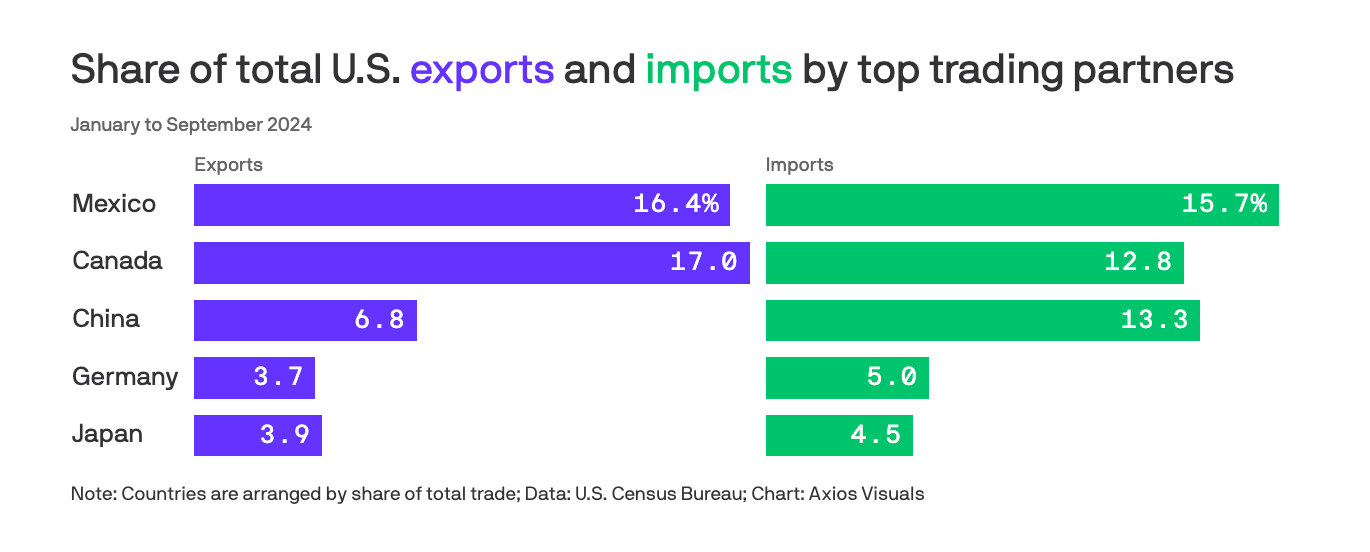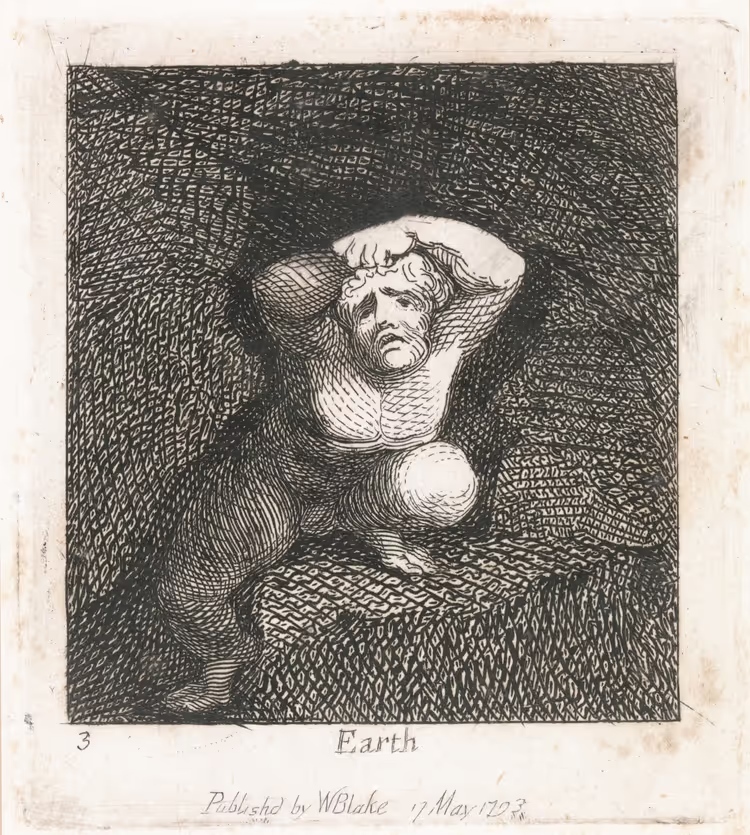They're Shutting Down the Libraries and All I Got Was This Stupid Kindle

First, I want to say HELLO to the Ghost platform and all readers.
I've been putting off this switch for a while, and it has all been very easy. It goes to show how something put off and put off and put off can gestate and become something more than the simple task itself.
For new readers, check out my intro post, "Spit on Your Finger and Draw on the Wall: An Intro," to get to know me better. And I'm hoping to get a paid newsletter out this weekend focusing on why I switched from Substack to Ghost.
This week, though, I'm continuing on my quest/adventure/foray by tackling different types of essays with (hopefully) varied content that I can lean into and wrap up into 500 words. I tend to overwrite due to insecurity and ramble when speaking, so this work, like most work, is an attempt to connect my thoughts to the medium of writing, which I hope then connects with you all. This week was honestly a bit of a blur. There were weird waves of feeling inspired to suddenly feel nothing at all. Do you ever feel that way? Just absolutely cooking with ideas one day and then empty the next? I can't clock it, though I know the only remedy is to suffer through these spells, knowing the dusk will eventually turn into the dawn.
Two essays in this newsletter are lean political but not in any "we're doomed and can't do anything" sort of way. They are more correlational, looking into the past. That doesn't mean it won't make you feel like we're doomed, so I'm sorry about that. Like Shakespeare wrote in Hamlet:
"I am thy father’s spirit,
Doom’d for a certain term to walk the night,
And for the day confined to fast in fires."
Essays this week:
The Attack on the Institute of Museum and Library Services and Facism
Stream Writing
Parallels of "Strength Through Joy"
The Institute of Museum and Library Cuts and Facism

On March 14, 2025 (ironically the day of my birthday), President Trump signed the executive order titled, "CONTINUING THE REDUCTION OF THE FEDERAL BUREAUCRACY," stating, "This order continues the reduction in the elements of the Federal bureaucracy that the President has determined are unnecessary." This order's explicit aim is to eliminate to the "maximum extent" governmental entities such as the Federal Mediation and Conciliation Service, the United States Interagency Council on Homelessness, the Minority Business Development Agency, which promotes the growth of Minority Business Enterprise through public and private sector programs, policy, and research as well as the Institute of Museum and Library Services. Also known as the IMLS, this independent federal agency generally supports libraries, archives, and museums in all 50 states and according to its website, serves 35,000 museums and 123,000 libraries nationwide.
IMLS also directly supports and helps my wife, a professional librarian who has made it her life's work to provide help and assistance to anyone that wants to use the library. This act will only make her job more difficult, her day more complicated, and, most importantly, hurt and damage what she loves most: providing education to her community, especially children in her community as she was trained to work specifically with kids.
This pain, in Trump's and Musk's DOGE minds at least, is entirely necessary to bleed out the "bloat" of the IMLS, which is, and I write this with as much disdain and venom as these words can carry, laughable. To quote USA TODAY, "During the 2024 fiscal year, the institute was budgeted more than $294 million, according to the Institute of Museum and Library Services' budget for 2023 to 2025. In 2024, the institute awarded $266.7 million to museums, libraries, and archives throughout the country." Musk, who even Grok says is a "bad guy," maybe made one of his infamous "efficiency" mistakes (I've yet to see an admission of fault, have you?) looking over the numbers of MLS's budget, as it's only 0.0046% of the federal budget according to USA TODAY'S findings.
Or, all this is intentional.
Let's not mince words here - this has the stink and desperation of Fascism all over it. The most obvious correlation would be the Nazi regimes orchestrated widespread book burnings where public libraries were purged of any materials that didn't align with Nazi ideology. Just last week, we saw Keith Sonderling, Trump's Deputy Secretary of Labor, sworn in as acting director of the Institute of Museum and Library Services, say, "I am committed to steering this organization in lockstep with this Administration to enhance efficiency and foster innovation. We will revitalize IMLS and restore focus on patriotism, ensuring we preserve our country's core values, promote American exceptionalism, and cultivate a love of country in future generations." Why Trump and Sonderling need to put the AFGE Local 3403, a branch of the American Federation of Government Employees, on leave to do this shouldn't be lost on anyone. Other instances include Mussolini's government imposed censorship and control on educational and cultural institutions; imperial Japan in 1926-1945, where controlled cultural and intellectual life, stamping out free expression and aligning educational content with state ideology; Francoist Spain from 1939–1975 where after the Spanish Civil War, Francisco Franco's regime censored books and controlled educational content to eliminate any opposition to align with their nationalist ideology; and Maoist China during the Cultural Revolution from 1966–1976 where cultural and intellectual centers, including libraries, were deemed counter-revolutionary and destroyed.
We are clearly in this moment. Unfortunately, the why is not just one thing but a hydra of nefarious intentions, from intellectual manipulation to invasion of citizens' privacy to all-out privatization of these public spaces, all based on what every autocrat wants: power and absolute authority.
Stream Writing

If you look back on a few of my other newsletters, you'll see, perhaps sadly, that I get a lot of my essay ideas from random things I see on social media...especially absolute mind-sucks like Instagram and TikTok. For example just today I came across this video of a very ecstatic individual absolutely losing his shit about whatever's going on beneath the Giza Pyramids. My list of weird discoveries could go on and on but there was one live video that caught my attention that had to do with what I love to do - writing.
As I said, it was a live stream of a modest body shot of a plain looking middle-aged man, long hair, bit pale, in dimly lit room with a large bookshelf behind him. I couldn't spot any of the titles. What I could see were bright fluorescent pink and neon green letters that read "WORD COUNT" next to "SUB COUNT." What the fuck is this? I remember saying to myself. "Is this guy...streaming while writing?" Which he was and to be honest...I had never seen anything like it. In fact, I had never even heard that this was a thing before and I am, sad to say, online far too much.
Part promotion, part connection with his readers (though I wasn't sure if anyone there had actually read the guys books or even heard of them) the concept of live-writing in front of a live audience immediately made me think of those poets that set themselves up in festivals or ferry buildings or Renaissance fairs with signs that read, "Poem for $5,"...a kind of writerly play on what sketch artists do to un-expecting couples on vacation somewhere. This guy was doing essentially the same thing but live-streaming it, instantly killing Virginia Woolf's idea in, A Room of One's Own, dead with little to no understanding - as far as I could tell - that he was doing anything wrong. Why? He wasn't embarrassed, shameful, or disgusted with himself. In fact, he was happy with what he was doing...almost cheery.
I, clearly, was upset about the whole thing.
Where this trend goes (if anywhere) is beyond me but this moment feels part of a bigger conversation/debate going on in the field of writing getting more and more immersed (burdened) by the blackhole of always having to be digitally online. Is the separation of the writer from their work to the reader slowly being taken away? If so, why is that a bad thing? Why is that a good thing? To me, the incessant digitization and push for not just writers, but all of us, to continually post our thoughts online feels more like an exploit now than anything genuine. It's feeding a machine we ourselves don't necessarily need but the platforms themselves, very much do. It all feels like...content production...data for what so much of our data and information has always been used for - exploitation and profit for companies.
OpenAI's Sam Altman posted on X last week that the company had trained a "new model" that is "really good" at writing, specifically creative writing. Why we need this and its implications is another essay but the writer and novelist Lincoln Michel had a great piece on Substack about it found here. Library Genesis, a database filled with pirated books, papers, comics, and magazine issues, was reported on March 19 that Meta was using it for its flagship model.
Something is happening here, something on the edge of singularity, 1984, and the potential death of the ritual of an art as ancient 3400-3300 BCE. And my biggest fear is once we leap from that ledge, all the tentacles of financial and economic pressure, along with the careerism and social anxiety that many writers feel (and are pushed towards in some cases) to join, could end up taking away what makes this art and medium so special.
Parallels of "Strength Through Joy"

There are many terms across a field of angles from philosophical, psychological, or educational to connecting events in history to similar events today. We see it in the news all the time. From President Trump being equated to Germany's Hitler (his own VP called him the genocidal dictator and when faced with that said, "...shut the hell up about what happened four years ago.”) to many calling this new wave of AI-interest this generations "Tech Bubble 2.0." We, as a culture, look back in history to give us context in a present time we can't fully understand.
Robert Penn Warren (April 24, 1905 – September 15, 1989), an American writer, poet, novelist, and literary critic (and the only person to win Pulitzer Prizes in both fiction and poetry) once said, "History cannot give us a program for the future, but it can give us a fuller understanding of ourselves, and of our common humanity, so that we can better face the future." I believe this as I tend to believe another famous writer and novelist, William Faulkner, who said, "The past is never dead. It's not even past."
This preamble (I'm working on cutting these down, truly) concerns what is happening today with President Trump's tariffs which will undoubtedly hurt everyday American citizens financially. Axios reported that, "...tariffs alone could cost the average U.S. household $830 a year...and that's before you factor in the cost of anticipated retaliatory tariffs from Canada, China and Mexico."

This may not seem like a lot, but when you look at the country's personal savings rate (4.6% as of January 2025, which translates to an average savings of about $816 based on the average disposable income of $17,744 in 2025), these tariffs will literally take away any savings they have. Connect this moment - let's call it Trump's "Strength Through Pain" - and flip it to the large-scale organization established by the Nazi regime in Germany in November 1933, deemed "Strength Through Joy." This stratagem part of the German Labour Front, was essentially subsidized leisure activities (vacations and travel opportunities, including cruises, holidays, concerts, and theatre) to appease German workers to masterfully manipulate/cajole them to enter and thus promote Nazi ideology. In other words, "Strength Through Joy" was a sort of bridge for all classes to join the Nazi's via "bread and circuses," becoming the party these workers came to for help, for fun, for community, which was essential after the devastation of World War 1.
Trump’s "Strength Through Pain" is quite the opposite of Hitler’s "Strength Through Joy" but feels, in a kind of converse through the financial pain Trump's tariffs and policies will inflict, a trick of consolidation and deprivation. By taking away everything and only leaving Trump's administration left, MAGA will only constrict and grow tighter in this period of cold and perhaps bring even more people in the future, taking whatever they can get (however ludicrous).
The cognitive dissonance for MAGA at this point after ten years-plus has reached a point of no return, in my opinion, long ago. I mean look at this crazy fucker here. My worry is that Trump will make things so bad, get people so desperate, and so psychologically manipulated through his vast array of media assets, that he will be able to rig and control people in this state with false promises of greener pastures, with little morsels along the way, and become a savior to these people in need when he was in fact the hand that laid the burden on them. A never ending pain-reward loop that will only deepen divided and destroy the USA over time financially. This could ironically bind them even closer and tighter. It's a theory but one that could mean, as history shows from "Strength Through Joy" where, by 1938, 10.3 million people participated in these holidays, we are just at the beginning of perhaps a phase two of Trump's biggest fans - MAGA.





Member discussion